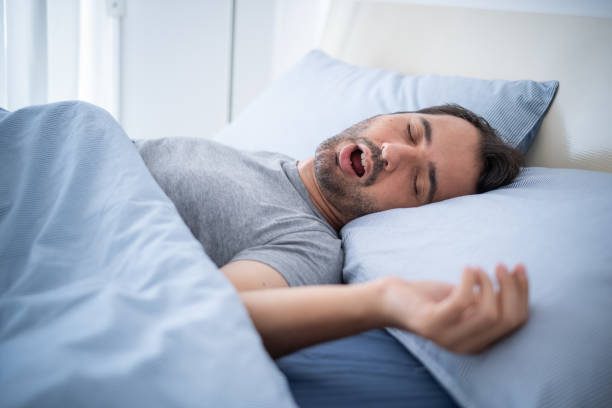The nervous system relaxing is a big deal! Think about how you might have felt when you were a kid and someone dunked you under the water. Your first thought is to get back to the surface to get a breath. Your body can go for quite a while without food – several days to a few weeks if it had to – not quite so long without water (several days)- but your time without air is typically measured in seconds to a few minutes max. This means that the brain has a lot of alarms in place that will sound off when the airway is compromised. Sleep apnea is often thought to be a condition affecting overweight men, but in truth, it can affect males and females of any size.
In terms of sleep, I consider sleep apnea when
Someone says that the patient stops breathing
They wake up gasping or with their heart racing. Or they wake up anxious and don’t know why
They wake up frequently through the night and don’t get better with other treatments
They get more anxious when they lie down – can be the airway getting compromised by the tongue moving backwards due to relaxing and gravity
Patients are not waking up rested or even feel worse when they wake up.
Patients sleep with their mouth wide open – does not guarantee sleep apnea but it does mean they are probably working harder to breath

